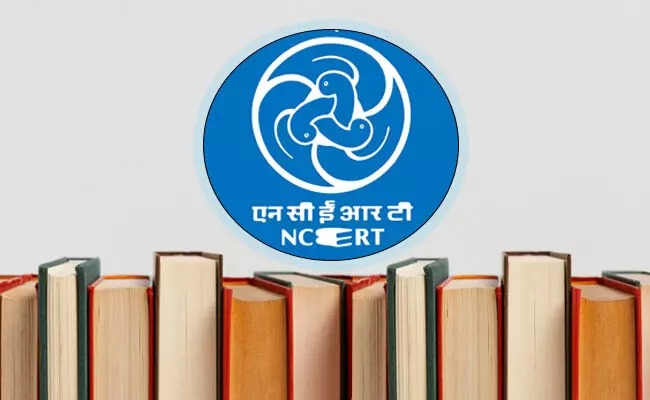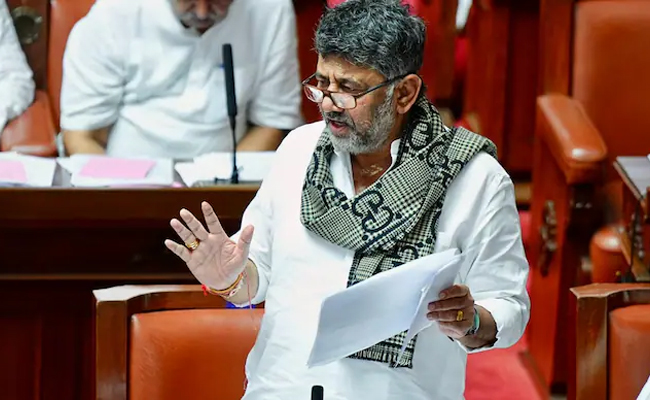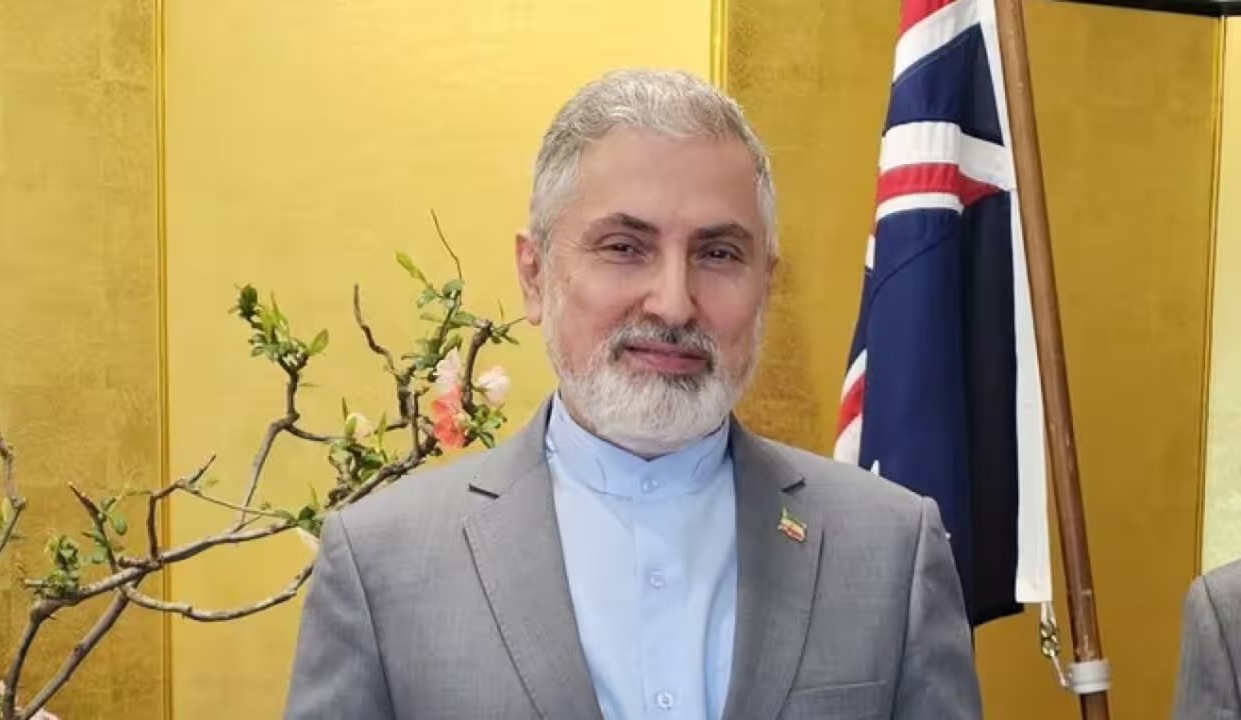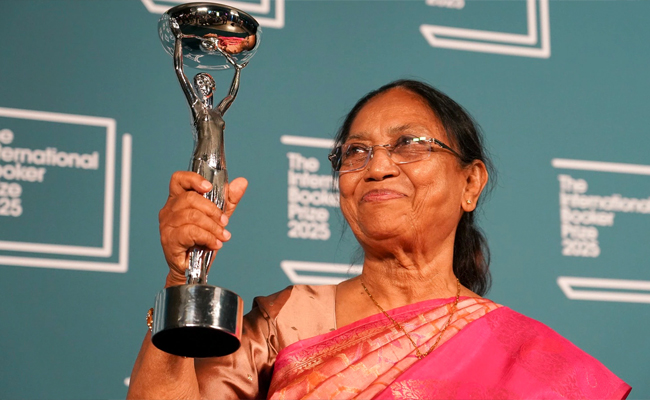Bhubaneswar: Administrative services across Odisha remained severely disrupted on Thursday as around 1,500 officers from the Odisha Administrative Service (OAS) and Odisha Revenue Service (ORS) reportedly continued their mass leave in protest against the assault on Bhubaneswar Municipal Corporation (BMC) Additional Commissioner Ratnakar Sahoo.
The ongoing protest, which began on July 1, has impacted key government functions in over twenty districts. Citizens have been left struggling with delays in essential administrative services including land record management, public grievance redressal, among others, as reported by Hindustan Times.
Sahoo, a senior OAS officer, was dragged out of his office and assaulted by a group of miscreants on Monday, who reportedly demanded that he apologise to BJP leader Jagannath Pradhan. Police have arrested five people so far, including BMC corporator Jeevan Rout. The Odisha unit of the BJP has also suspended five of its members, including Rout, in connection with the incident.
A video of the assault has gone viral on social media, fuelling public outrage and triggering widespread solidarity among the state’s bureaucrats.
“Considering the widespread discontentment of all the members of the Association working across the state, it has been decided that all OAS officers will continue to be on leave until the demands are met,” read a memorandum of the OAS association submitted to the chief secretary. The association further mentioned that the incident has severely damaged the morale of officers working in the field.
Meanwhile, Odisha revenue minister Suresh Pujari urged officers to resume duty, stating that the timing of the protest was inappropriate given the ongoing Puri Ratha Yatra and flood-like conditions in parts of the state. He further reiterated the state government is open to discussions.
Let the Truth be known. If you read VB and like VB, please be a VB Supporter and Help us deliver the Truth to one and all.
New Delhi: In a move to prioritise fitness and overall well-being, the National Council for Educational Research and Training (NCERT) has introduced a new subject—Physical Education and Well Being—for Class VIII students this academic year. This addition comes as part of the NCERT's ongoing syllabus upgrades in line with the National Education Policy (NEP) 2020.
Dinesh Prasad Saklani, NCERT Director, states in the foreword to ‘Khel Yatra’ that it is “meticulously designed to develop motor skills in students and engage children in the team sports of Athletics, Table Tennis and Volleyball,” as reported by The New Indian Express on Tuesday.
The subject is divided into six chapters. Each chapter specifies the warm-up to be done, the activity and the cool-down steps.
The first chapter introduces physical games such as the Horse Vault Race, where students partner up and vault over each other, the Mass Drill which involves synchronised movements, and the Conduction Relay, a creative relay race designed to teach the concept of heat transfer. These activities aim to cultivate both physical strength and teamwork.
In addition to promoting fun, the curriculum also raises awareness on important social issues. For example, the lesson Baraf Pani educates students about the harmful effects of bullying and encourages both victims and bystanders to take action in reducing its impact.
As the curriculum progresses, it delves deeper into more structured sports activities. The Athletics chapter focuses on the technique of sprinting, teaching students the importance of posture, drive, and acceleration. Chapter 4 provides a detailed exploration of Table Tennis, covering aspects like grip, footwork, and forehand and backhand pushes. In Chapter 5, students learn about the essential skills in Volleyball, including passing, serving, spiking, blocking, and digging, with colorful and detailed illustrations for better understanding, the report added.
“Yoga can support us, particularly as we navigate changes and learn to manage our emotions,” states Chapter 6. Students will learn various postures, such as Sukshma Vyayama, Surya Namaskara, asanas (yoga postures), Pranayama (breathing exercises), Pratyahara (sensory control), and Dhyana (meditation).




